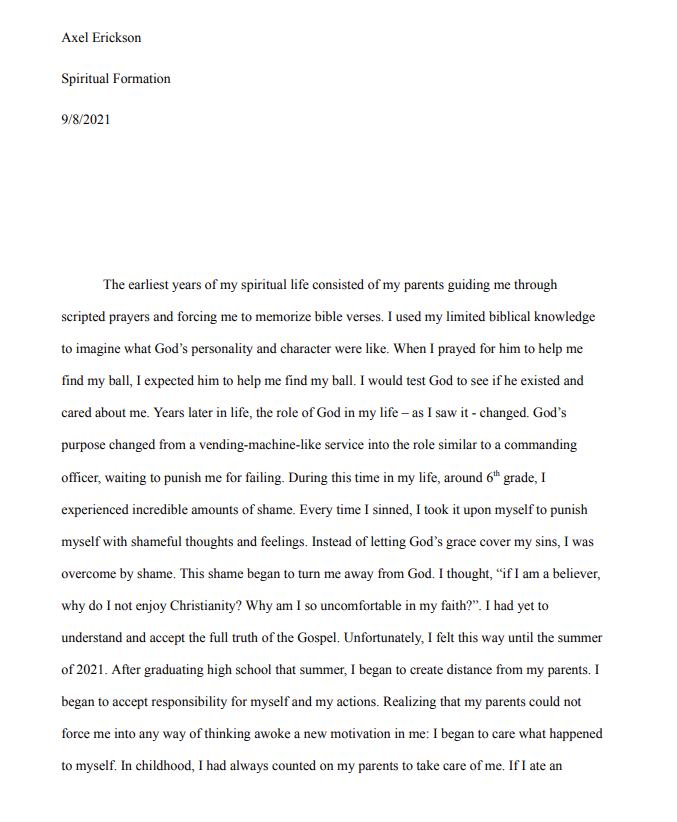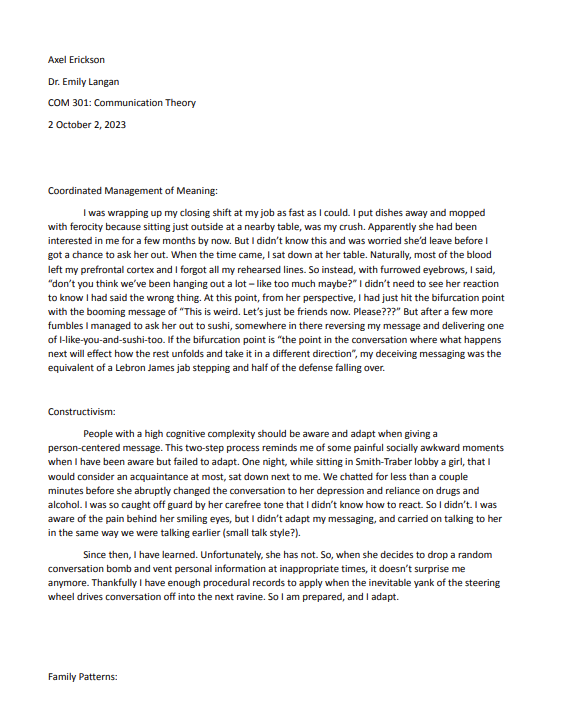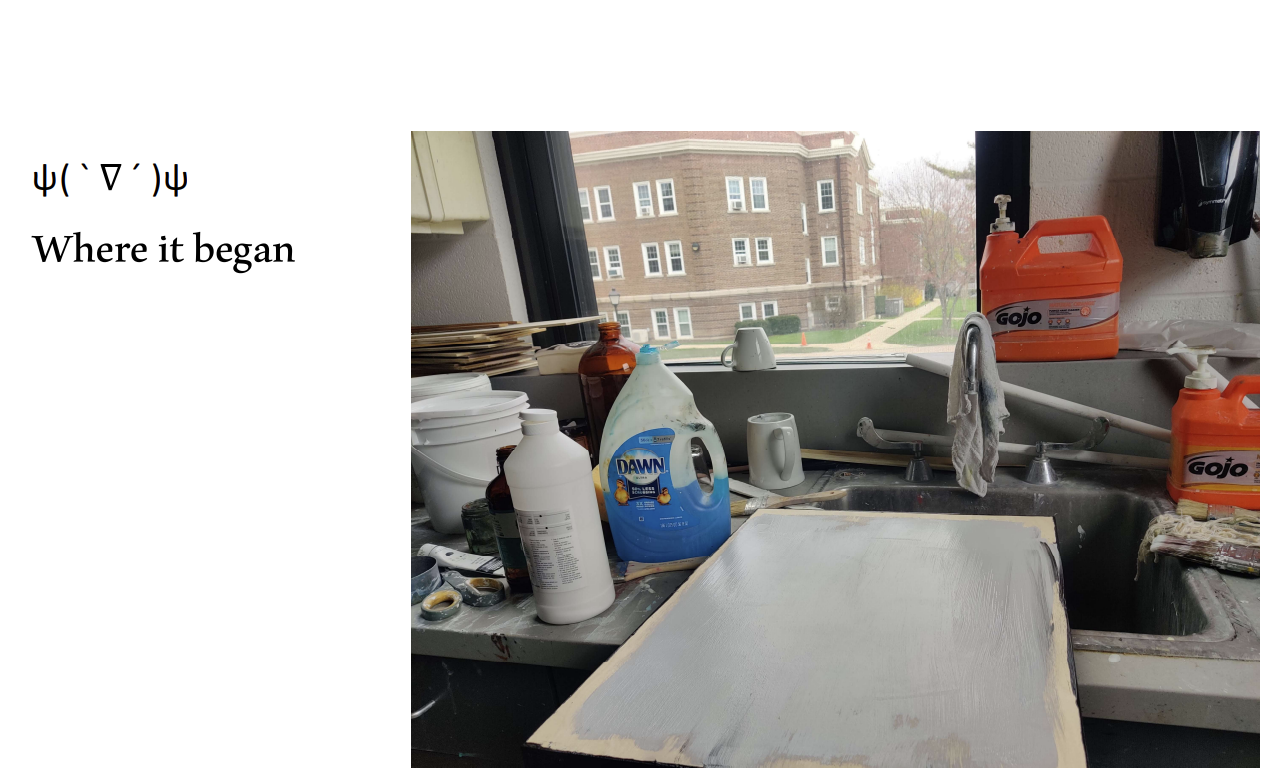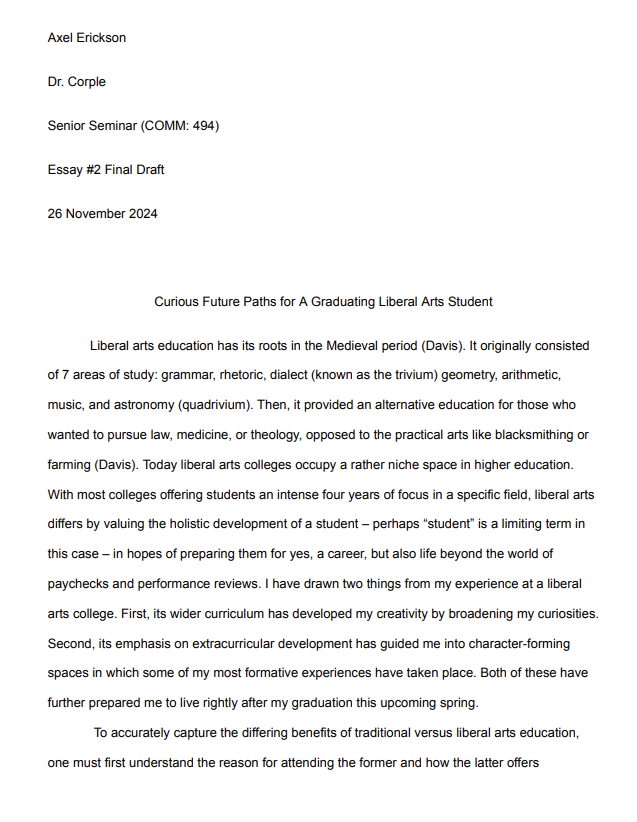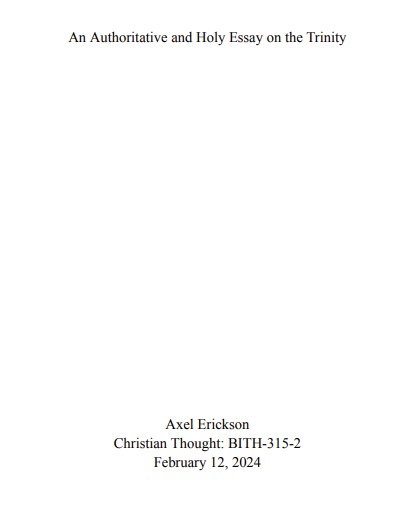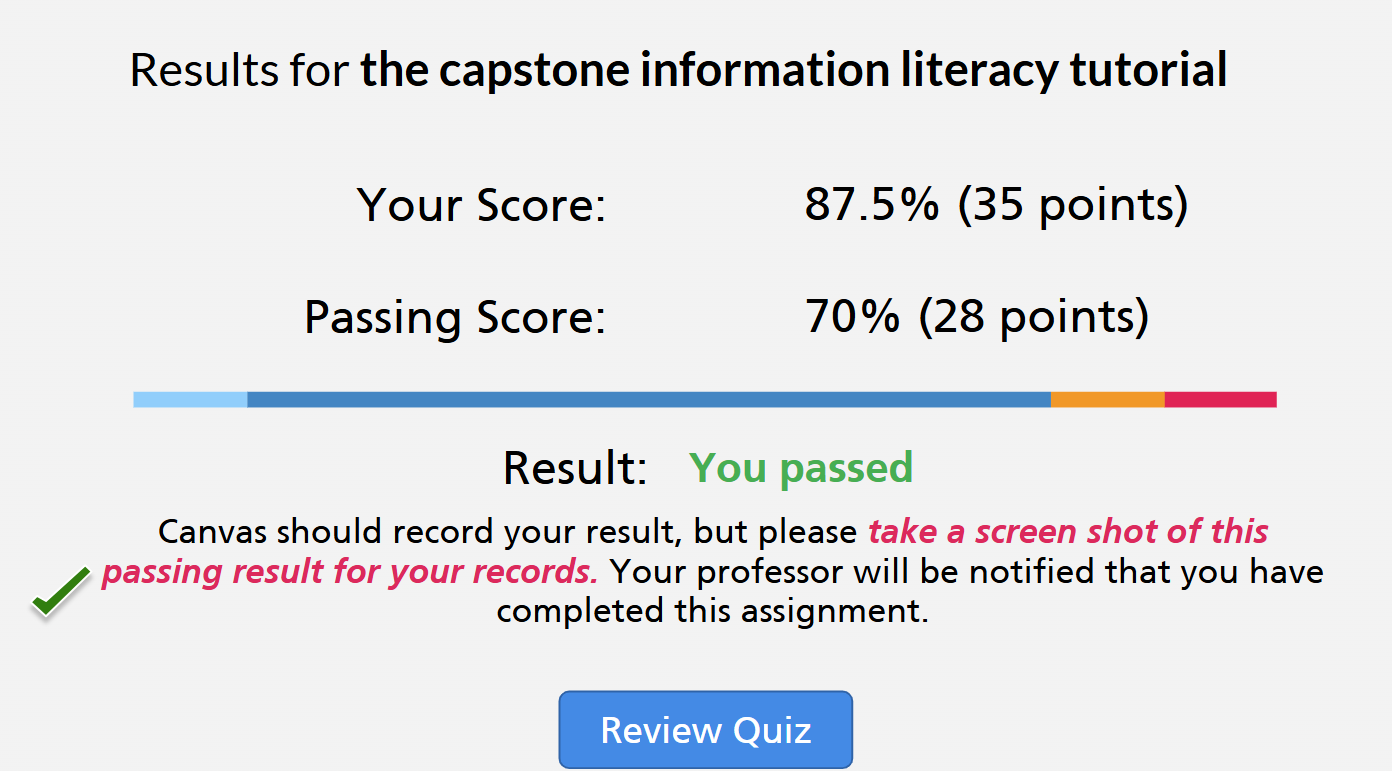Academic Portfolio
I have kept my options open and chased curiosities. In other words, I have spent the last four years following the fun, dealing with its consequences, and trusting God. Scroll down to see how it turned out.
“keep your options open”
These were the words I remembered when I first stepped on campus at Wheaton College as a Freshman . It was only a few weeks before classes started that I had joined a zoom appointment for career advice. An older gentleman with circle glasses and a white goatee read through a personality test results with me. “Definitely don’t become a policeman”, he said. I nodded my head. I was tense with anticipation. This man was about to give me the guidance I needed to know who I was, and based on that, select my major, choose what groups I wanted to join on campus, and maybe even the type of industry I would work in after graduating. He continued reading and eventually said something along the lines of, “Axel, you have an extremely balanced personality based on these results. As for a career, don’t decide too quickly. You could be good at a lot of things. Keep your options open.” Those words sank into my chest. How is that supposed to help? Keep your options open? Well, I took this advice seriously, and registered for classes as an undeclared major. Little did I know, I would spend the next four years bouncing between business, psychology, communication, and art classes, looking for something to stick.
Learning Outcomes (LO)
-
Articulate your understanding of vocation as it concerns God’s Kingdom, his general calling on all Christians and your distinctive vocational calling as developed while at Wheaton College.
-
Discuss how studying the Christian liberal arts has shaped your spiritual formation and your understanding of vocation.
-
Integrate the Communication major with your Christ at the Core learning.
-
Define multiple theoretical perspectives for interpreting human symbol use.
-
Develop and deliver other-centered strategic messages (in face-to-face, public, or digital contexts).
-
Work collaboratively with others for problem-solving and creative project development.
-
Conduct research that participates in scholarly communication conversations.
-
Explore and articulate foundational principles guiding Christian communicative practice in local and global interactions.
LO1
Freshman Year
My first class experience began with Passage, a outdoor adventure experience designed to nurture the beginnings of spiritual formation. Here, I articulated what I understood of vocation as an incoming freshman.
LO1
Twice a week, on a lower floor of the same Billy Graham Hall, I got my first taste of the Communication major, in the form of public speaking. I found this class exhilarating, and I followed the fun late into the nights practicing speeches like this one. Here is an outline of a narrative speech and feedback from a classmate.
LO5
LO8
LO2
click
click
On Tuesdays and Thursdays I would head down to the basement of the Billy Graham Hall to spend a few hours with Dr. Schushardt in a class called Media Studies. One of our assignments was to transcribe a phone call with one of our grandparents, asking them about their experience with television. I chose my grandpa on my Korean side who I am closer with and also happens to not be a Christian. Learning about television was secondary to spending time with him (a rare occurrence). During this phone call, I became more aware of the what calling him actually meant, beyond what we were talking about. I learned that, even if I could barely hear or understand what he was saying, spending time with him allowed me to be in his life for that brief moment. This time was not, in fact, an information seeking event, but an act of love. Here is the transcript.
LO3
click
LO4
LO1
Our final project for Public Speaking that Fall was a group project. In this assignment me and three other students created a hypothetical pitch to move the Corinthian Co-op (a free thrift store) to an alternate location. We asked real people about real problems and found a solution, together. Here is a document of our presentation.
LO6
click
LO3
The first piece of content I wrote for Endgame Gear was a tongue-in-cheek article informing readers on the worst kind of gaming mice one could hypothetically buy. This would not be the first time that I felt a tension between my values as a Christian communicator and my desire to please a secular audience. Here is the article.
click
LO5
LO7
In the same class, I also explored how these communication theories could give different perspective and insight into my own life and interactions with people. This brought theory down to actionable reality. Here are my reflections from this experience.
LO7
click
Later that spring, I joined a Community Art class with my older sister. The class consisted of less than ten students and we spent the majority of our time on a mural that can now be seen in the stairs leading above the Wheaton College Bookstore. At the end of the year students were challenged to lead their own community art challenge. I synthesized a collaborative paint-by-squares project that also involved cooking. It was meant to integrate food and art, while also limiting the pressure of painting well by instructing participants to only fill in one square with a mixed color of their choosing. This project required hours of planning and strategizing to create such an environment. Here is a slideshow from the day.
LO6
click
Senior Year
click
Later that day, I would walk to the Billy Graham Hall for Core 101, one of the foundational classes taken as an incoming freshman, I was challenged to justify my decision of choosing a Liberal Arts college. Why come to Wheaton College in the first place? I explored this curiosity in this paper.
LO2
Sophomore Year
Junior Year
click
click
LO4
click
LO8
click
click
click
Throughout my freshman year, I was involved with a missions group on campus called Honduras Project. Our goal was to raise enough money to pay for a water system in a rural village in Honduras, and later that year, fly our team of 20 to commune with the village. I spent 4 days with a group of men I had very limited ability to communicate with. Every once in a while a translator pitched in, but besides that, we got to know each other by pointing, shaking our heads, making interpretive grunts, and laughing. This trip taught me how to be curious about the Global church, commune with strangers of a different culture, and serve those in need. Here is a video recapping our trip.
Fall 2022 I took Strategic Communication in hopes of learning more about a career in public relations. Our main project in the class was to get in contact with a real company and offer to write a few articles, make an infographic, and a press release. Part of this process was interviewing with the manager of said company. I got in contact with the manager of a peripherals company called Endgame Gear. We ended up calling for around an hour. This time stuck with me for the simple fact that I got to interact with someone working a job in an area of interest of mine, that also wasn’t connected to Wheaton. This was a time for me to interact with the outside world and put my knowledge to use. During our call, what I used what I had learned at Wheaton to question, listen, and engage in a Christ-like way. Here are my notes I used during the call.
My journey of curiosity found me joining a class called Origins of Scientific Thought. This class taught on the history and philosophy of early science, and how the narrative structures are built from often-overlooked cultural systems of values and implicit beliefs. During this time I engaged in extensive reading and writing. It was my earliest introduction into the library, therefore, my earliest introduction to the vast world of scholarly conversations. Here is my final research paper on the scientific revolution.
Continuing into the next year, heavy research remained a part of my workload. In Communication Theory — what I consider to be the heart of the Communication Major — I chose Katz’s Uses and Gratifications Theory to take a deeper dive into and research the current conversations happening around it. Here is what I found.
LO7
Outside of communication classes I was taking a course called History of Modern East Asia. One of the things we focused on was making history out of conflicting stories, in effect, creating a more nuanced telling of history. In our final paper, I wrote on if studying “East Asia” as a grouping of Korea, China, and Japan is helpful to telling the correct story. Why exclude other countries that were involved in their formation like their neighbors across the ocean? During this paper, I used the library to explore differing perspectives in order to synthesize my own take.
In the Spring, I registered for another Schushardt experience by the name of Visual Symbolism. Throughout the course of the semester, he tried to get us to realize our semantic environment. Because I spent hours a week watching YouTube as a way to relax, this online website occupied much of my semantic environment. For a final project, I created an explainer video on the progression of thumbnails (a symbol) and how creators have evolved the thumbnail meta.
Ending my junior year, I took a class on Christian thought, it was in this class that I was reminded of my Freshman beginnings, and with that, my poor attempts at explaining my connection to liberal arts, faith, and my vocation. This brief essay on the Trinity helped me realize the progress I had made in understanding my faith.
click
click
Another piece of content I made for Endgame Gear came in the form of an infographic. Using the website Canva, I researched and created a visually appealing explanation of how one would go about choosing their mouse sensitivity in a game called Counter-Strike: Global Offensive. This topic was chosen specifically out of what my research told me would be the most effective and informative for my target audience.
click
click
Continuing, I took a screenwriting class in which our final project was writing a script for a short film. Through the process of developing characters, writing scenes, and creating a producer’s binder, I learned how to write in a Christ-like way inside a space dominated and lawed by the secular values of Hollywood. Here is my final script, Soup.
click
Finally, Senior year. As a summation for the year, in my senior capstone class, we were assigned to reflect again upon the Christian liberal arts and how they shaped our spiritual formation and understanding of vocation. Here is that paper.
LO2
As a pairing with the essay above. We were also asked to articulate our vocation as it concerns God’s Kingdom. Here is that articulation.







